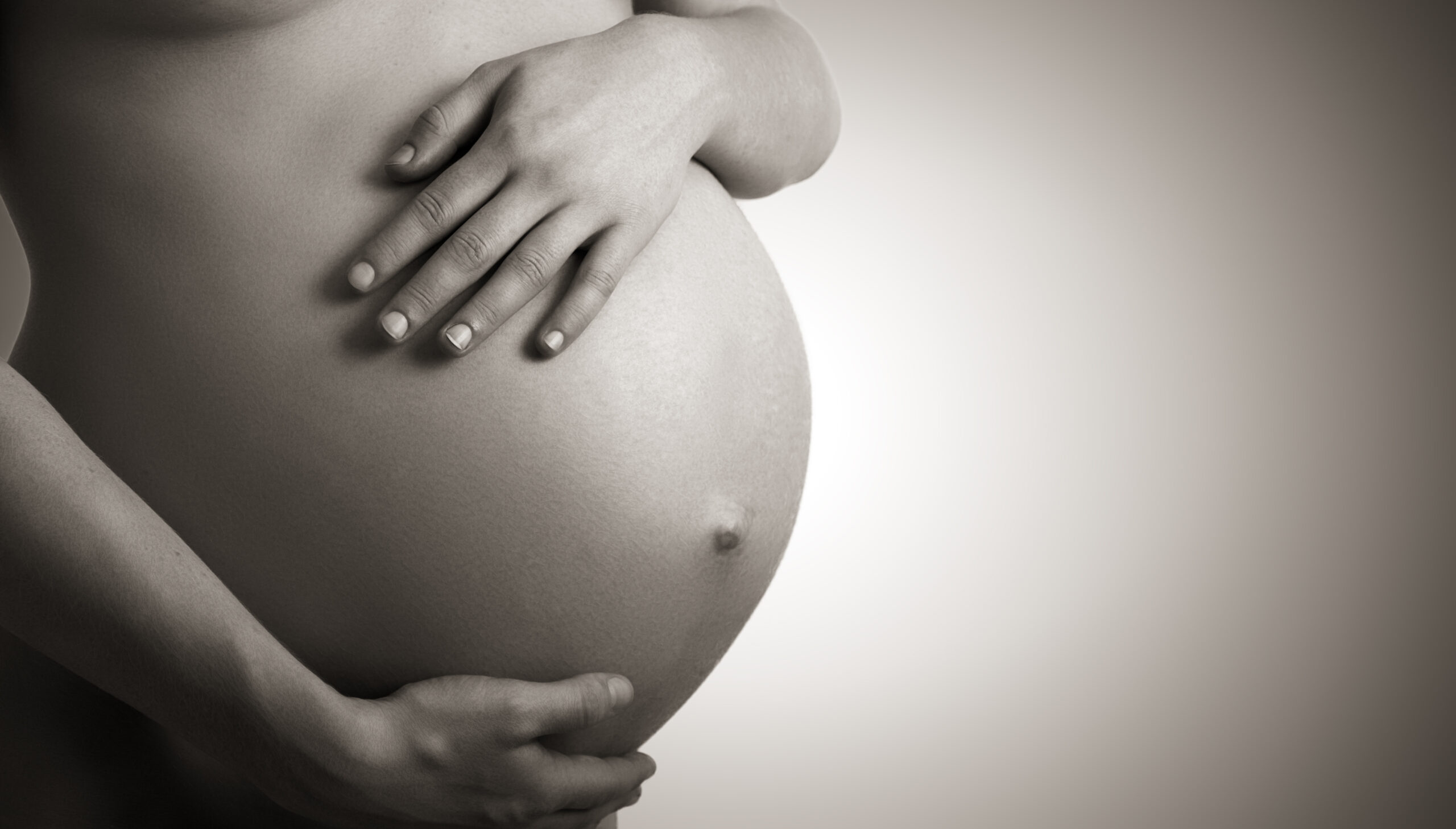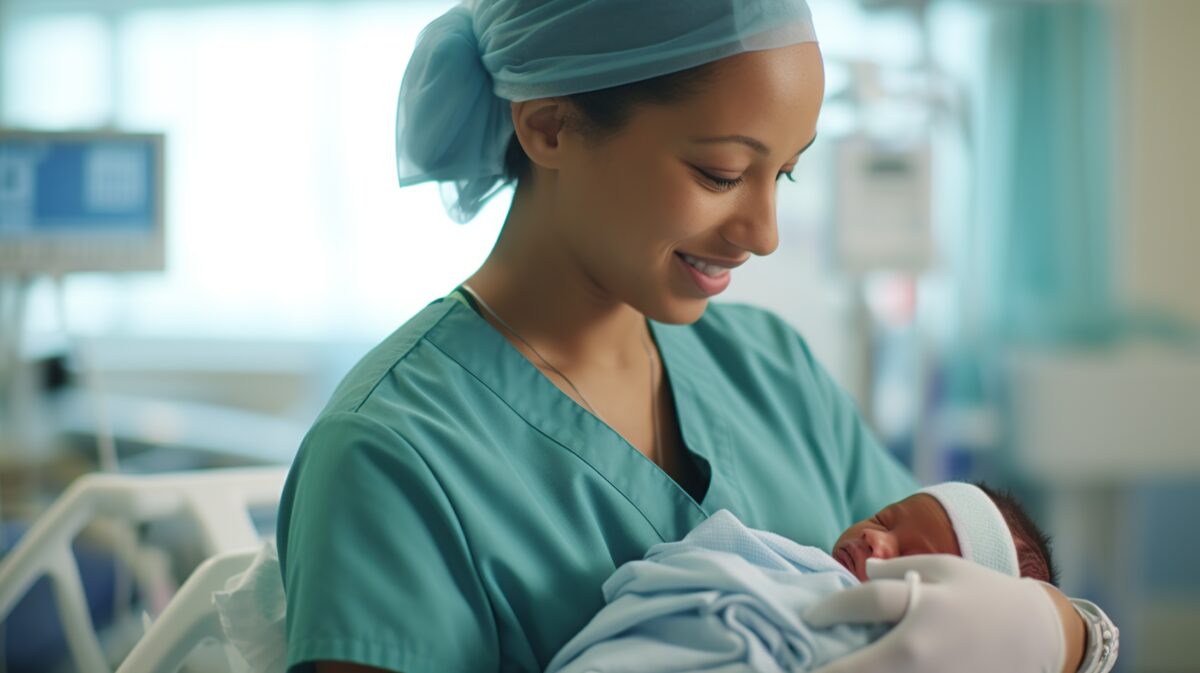This article was first published on The Spinoff.
Of all the controverises in Aotearoa in 2024, Te Tatau o Te Whare Kahu — Midwifery Council of NZ’s (MCNZ) revised midwifery scope of practice, currently awaiting sign-off from the Minister of Health, may not spring to mind as the top of the list. But those of us working towards equity in the perinatal sector are watching the fraught passage of this scope with concern.
Sadly, the revised scope has caught the eye of some trans-exclusionary groups, who have branded it as an attempt to erase women from midwifery practice.
The midwifery scope of practice is one of three related documents (alongside the standards of competence and standards for approval of pre-registration midwifery education programmes and accreditation of tertiary education organisations) that provide the foundation for the regulation of midwifery practice in Aotearoa. The revised scope has some key conceptual and language changes, including incorporating te reo Māori term for midwife, kahu pōkai, including explicit references to te Tiriti o Waitangi as embedded in midwifery practice, and referring to “whānau who are planning a pregnancy, pregnant, birthing, and postnatal” as the partners of midwifery care.
Challenging ‘eurocentric’ view
The revised scope challenges a eurocentric and individualised world view of the partners in midwifery care, focusing on whānau rather than individual women/mothers and babies as the key relationship in care provision. The broad use of whānau centres a te ao Māori worldview and whānau ora aspirations by denoting the pregnant person in the context of their whānau, and inviting midwives to be responsive to the needs of diverse whānau contexts.
This change is intended to bring midwifery practice into closer alignment with te Tiriti o Waitangi by making space for a holistic and collective understanding of who midwifery care is for. Whānau-centred care also creates room to acknowledge that midwifery care is not just provided to cisgender women but to all people forming their families through the birth of their own babies, including transgender and non-binary people.
Contrary to the noise, embedding a te Tiriti-informed vision of holistic, inclusive and whānau-centred care at the centre of midwifery identity and practice upholds the mana of all women, trans men and non-binary people who can give birth.
Midwives play a vital role in Aotearoa’s health system and are present at every birth, in every setting. The Nurses Amendment Act 1990 established midwifery as an autonomous profession, publicly-funded to lead community-based care for whānau from early pregnancy to the early weeks post-birth. Our model of midwifery-led primary perinatal care has been admired globally for meeting consumer-demand for continuous care from a known provider and upholding the principles of informed choice and consent.
However, the original midwifery scope of practice, which was formalised in regulation when midwifery came under the Health Practitioners Competency Assurance Act 2003 and hasn’t been revised since then, had not kept up with dramatic changes in midwifery practice.
The failure of Aotearoa’s perinatal system, as with the wider health system, to deliver equity for Māori and Pasifika has been extensively documented. Midwives, as with all health-care providers, are tasked with addressing those failings by embedding Te Tiriti o Waitangi responsiveness at all levels of their care.
Whānau ‘diversifying’
The nature and context of birthing whānau are diversifying. Global movements to secure the reproductive rights of LGBTIQ+ people have resulted in expanded options for family building through the birth of their own children. Perinatal care providers cannot assume the gender, sexuality or family structure of their clients, if care is to be safe, affirming and inclusive for LGBTIQ+ whānau.
A whānau-centred approach to midwifery care asks midwives to invite the pregnant person to share who and what is significant to them and to provide care that is responsive to the self-determined needs and aspirations of each whānau. This creates space for diverse whānau in midwifery care because the partners of midwifery care are not assumed.

The findings of the recently completed Trans Pregnancy Care Project in Aotearoa showed that pregnant and birthing whānau wanted midwifery care that affirmed the role and value of gestational and non-gestational parents, that did not assume the gender of pregnant people, and that invited whānau self-determination over who they are and who was included in care.
The revised scope creates the conceptual conditions and mandate for midwives to expand their practice to ensure responsiveness to diverse whānau. Many midwives have already embraced these principles in their practice, but where midwifery care is not responsive to diverse whānau, harm can be significant.
The revised midwifery scope of practice is the culmination of the multi-year Aotearoa Midwifery Project by MCNZ that undertook a te Tiriti-led evidence-based review. The goals of the project were to align with contemporary midwifery practice and to ensure the future practice of midwifery is responsive to te Tiriti o Waitangi.
Rather, the revised midwifery scope of practice should be embraced as an invitation to expand the capacity of midwifery to uplift all whānau.
The project team was guided by a collaborative reference group made up of midwives and consumers, both tangata whenua and tangata Tiriti from across the perinatal sector.
The project was informed by a Tiriti o Waitangi partnership framework that intended to uphold te Tiriti not only in the outcome of the project but in how the project was undertaken. This meant a commitment to a collaborative process involving extensive consultation with groups and individuals across the perinatal sector.
Sadly, the revised scope has caught the eye of some trans-exclusionary groups, who have branded it as an attempt to erase women from midwifery practice.
Contrary to the noise, embedding a te Tiriti-informed vision of holistic, inclusive and whānau-centred care at the centre of midwifery identity and practice upholds the mana of all women, trans men and non-binary people who can give birth.
Midwifery’s ‘feminist’ heart
Midwifery, by its very nature, has a feminist heart. The resurgence of midwifery owes much to the women’s movements of the 1960s and 1970s, and to feminism’s critique of gendered roles and norms that were highly oppressive to anyone giving birth.
But feminism, like midwifery, has been challenged for privileging white women’s concerns and universalising “women’s experiences” and the very notion of “womanhood”. Intersectional feminism provides an opportunity for feminism to understand and address multiple and intersecting forms of oppression and to move forward in solidarity with movements for anti-racism, decolonisation, and disability and LGBTQ+ rights.
For midwifery in Aotearoa, this means refusing a dichotomy between honouring Te Tiriti on one hand and our commitment to women’s rights on the other.
Rather, the revised midwifery scope of practice should be embraced as an invitation to expand the capacity of midwifery to uplift all whānau. In doing so, midwifery harnesses a generational opportunity to secure their legacy as champion for equity and social justice in Aotearoa’s health system. Toitū te Tiriti, midwifery!
Dr George Parker is a Pākehā non-binary trans person and senior lecturer in health service delivery in Te Kura Tātai Hauora, School of Health at Te Herenga Waka, Victoria University of Wellington.
Dr Elizabeth Kerekere (Whānau a Kai, Ngāti Oneone, Te Āitanga a Māhaki, Rongowhakaata, Ngāi Tāmanuhiri, Co. Clare, Co. Tipperary) is a takatāpui/LGBTQ activist and scholar who has just been appointed adjunct professor at Te Kura Tātai School of Health, Te Herenga Waka.
Fleur Kelsey is a Pākehā non-binary midwife and senior lecturer.
Suzanne Miller is a Pākehā midwife and associate professor at Te Kura Atawhai Ka Kaiakapono Te Hakuitaka, School of Midwifery at Otago Polytechnic.





